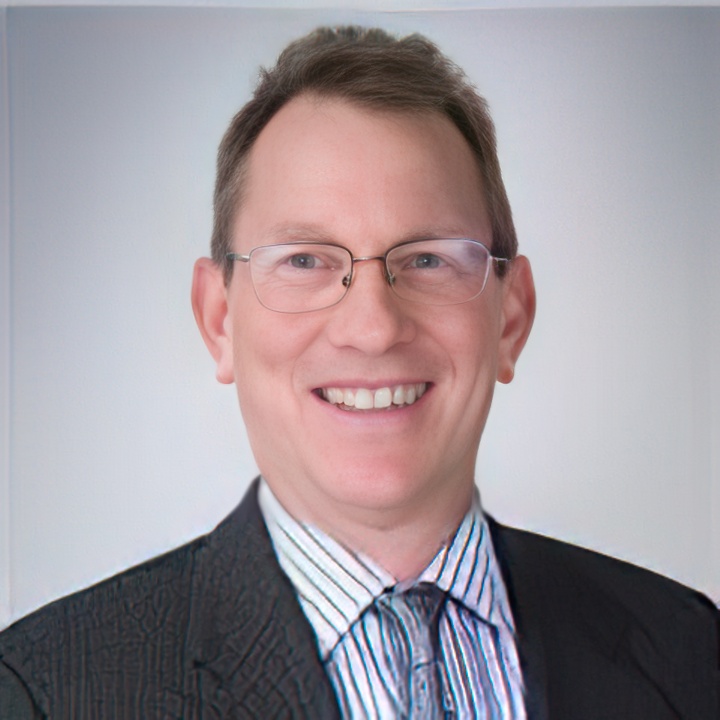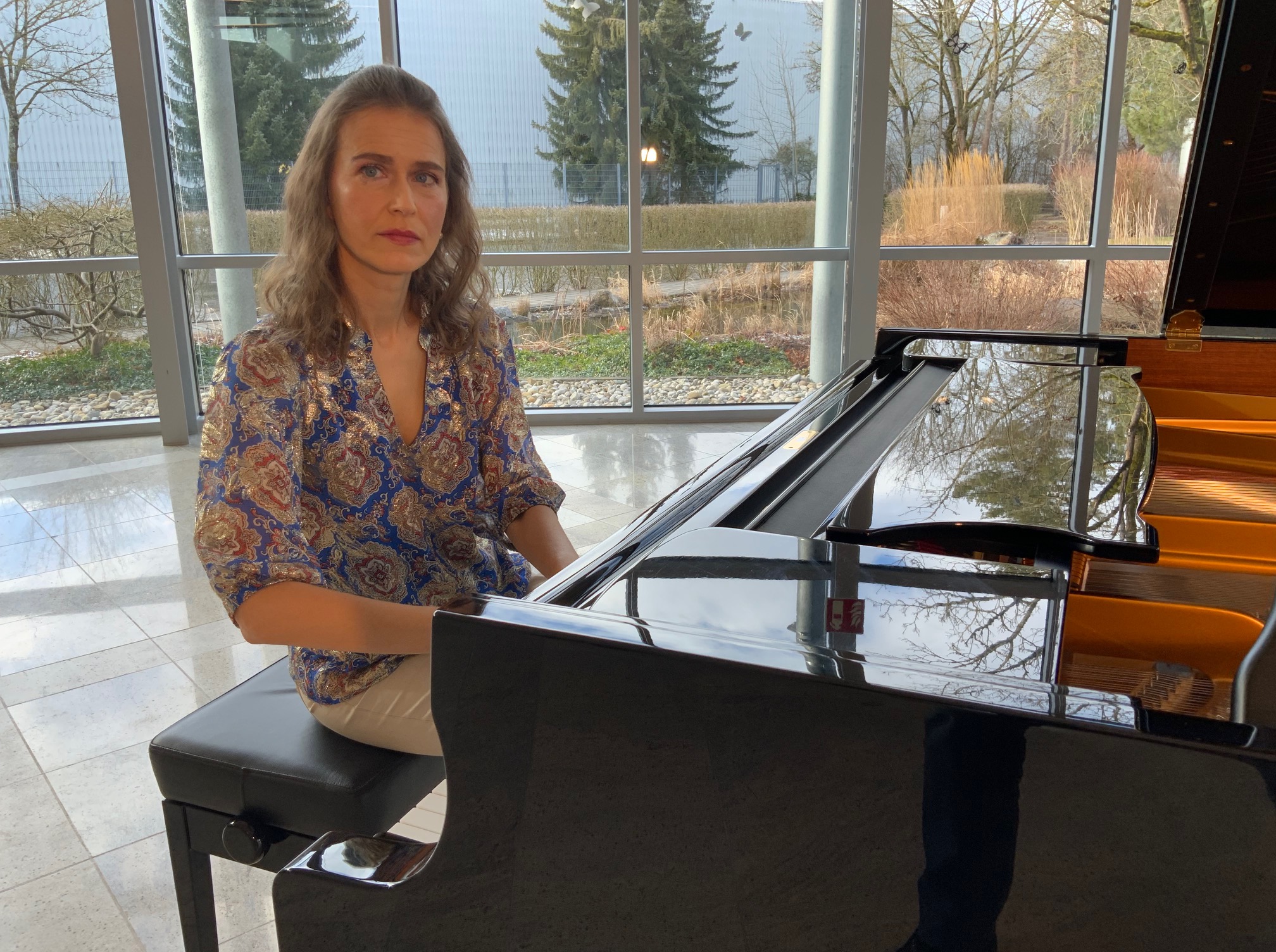About
FORMAL EDUCATION
I studied the Wisconsin Conservatory of Music and later the University of Wisconsin - Milwaukee, focusing on courses in conducting and composition. I learned the art of orchestral conducting under Raphael Kianovsky (a student of Igor Markevitch at the Motzarteum, where one of his classmates was the great Daniel Barenboim) and Geoffrey Simon (a periodic guest conductor of the London Symphony Orchestra, and a conducting student himself of maestros Markevitch and Herbert Von Karajan). My choral conducting education came from Robert Porter, Margaret Hawkins (Founder and Director of the world class Milwaukee Symphony Chorus) and Lee Erickson (Ms. Hawkins successor with the chorus). My composition professors during this time were Joyce Altman, Harold Green and Burt Levy.
CHORAL CONDUCTING
I spent 15 years actively serving as Choir Director of various church choirs in the Greater Milwaukee area. I was to also serve as Music Director of a semiprofessional men's choir and led this ensemble to 3 consecutive state championships. The men's choir was a featured performer at a number of regional men's choral festivals in WI and MI, providing me with the opportunity to lead many massed choir performances at those events.
CHORAL and INSTRUMENTAL COMPOSITION
It was during the years I spent directing choirs that I began composing and arranging music on a regular basis. In 1992, my first sacred choral composition, "Three in One", was published by Sunburst Music.
I created numerous hymn arrangements for the brass and choral ensembles of Martin Luther High School (Greendale, WI). I was then commissioned by the school to write a work for full symphonic band based on the hymn "Of the Father's Love Begotten", which was performed to commemorate the 25th anniversary of the school. In 2019, I was honored to be in the inaugural class for the MLHS Hall of Honor.
I was also blessed with the opportunity to lead the full orchestra and choirs at Elmbrook Church (Brookfield, WI) in performances of many of my original compositions and arrangements. More recently, I have been fortunate to have some of my more recent compositions and arrangements performed by the Southern California Brass Consortium.
RECORDINGS AND COLLABORATIONS
To date, my original and collaborative recordings have enjoyed more than 1,700,000 plays on the SoundCloud digital music platform. "Orchestral wraps" received over 360,00 plays with many tracks enjoying over 30,000 plays each.
SCORES
Some select choral works are available for sale through the J.W. Pepper's "My Score" division with all having been used in various public performances. The completed score of my orchestral wrap of "Asturias" (Guitar and Orchestra) is expected to have its world premiere sometime in 2023. Full scores are being created for the piano and orchestra collaborations of “Sea Inside” and “Sky In Motion” with live premiers expected in 2023 as well.

